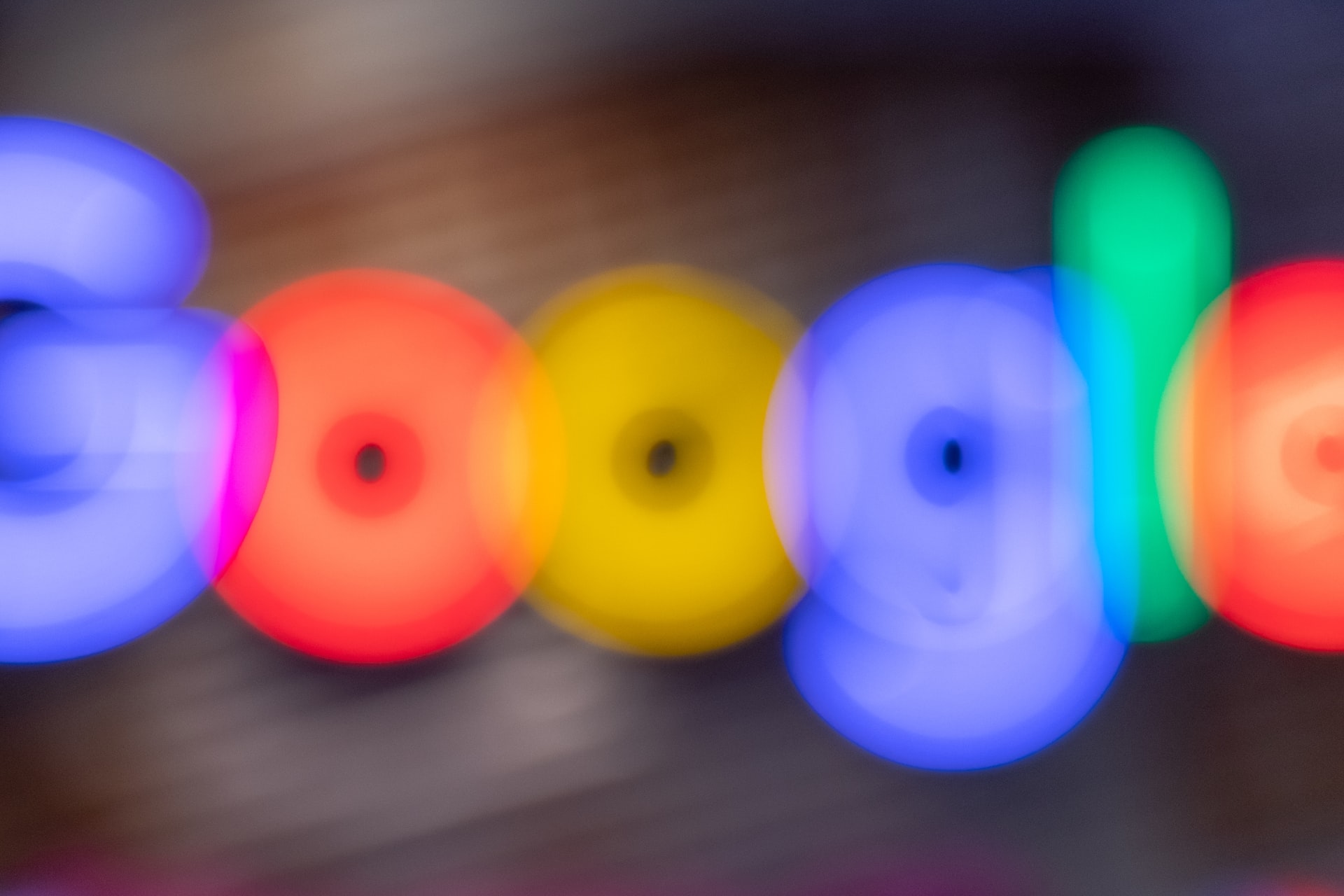The grocery store and gas pump aren’t the only places Americans are seeing inflation hit. In a recently released report, Google has increased the Cost Per Lead (CPL) across the board. With an average cost increase of 19%, some industries like Arts/Entertainment, Travel, Furniture, and Business Services have seen increases of 134%, 69%, 54%, and 34%, respectively.
While we know manufacturers are dealing with supply chain issues and the heavy labor cost, it is unclear what cost drivers Google experiences to generate these steep CPL increases. “It’s almost like Google is getting hit by the reflection of their Ad Quality score algorithm,” shares Mike McDermott, President of Bash Foo. “Websites are being scrutinized (by Google) more and more for quality content, page speed, and mobile conformance, and the result affects not only the organic search ranks but also the quality scores for their ads.”
Dash to SEO
One area of the market that hasn’t seen huge increases in cost is search optimization agencies like Bash Foo. Unlike Google Ads, SEO is agnostic and without a platform, so SEO is still measured in hourly wage chunks. “We have experienced some labor increases, more along the lines of the rate of inflation (7-8%) but nothing even close to the nearly 20% spike that Google Ads is expressing”.
What this Means for Your Business
The results of high-quality SEO work drive organic search results toward Page One. It’s not as quick to deliver results as Google Ads may be. However, once your keywords rank on Page One, the cost per lead or CPA (Cost Per Acquisition) is drastically reduced. Companies that used to use Google Ads exclusively are turning their heads towards new lead funnels driven by quality SEO. “You sort of have to ask yourself, are you willing to pay 20-30% more for the leads you acquire this year?” smiled McDermott.
SEO is Never a Fixed Metric
Google continues to tweak how things work, and 2023 will be no exception. Business websites that last updated a long while ago will become a casualty on Google’s drive to higher quality websites, faster page loading, and higher click-throughs. Google looks at the website age + pages that are linking to it. This gives them some sense of “authority” and “confidence”. Next, they turn their eye to # of pages, navigation, content size, and quality. Finally, there is a technical passthrough of how long it takes for the page/site to load and is it easy for users to access the information.
Have you Called it Quits on Website Leadgen?
Many small business owners have indeed called it quits. They left their website by the wayside as they treated it as a single marketing document rather than a method to generate leads. This is why it is so challenging to go off of just organic search results, as Page One may turn up with a small competitor in the area on top, not the recommended leader. Savvy searchers will also look at # of reviews and how many stars they have. You can usually tell a business owner who left their website to rot when they say, “I don’t think my customers are on the Internet,” or “Websites aren’t a good way to advertise.”
Call to Action
As a digital agency that supports small businesses in the Dayton area, I’d be remiss in telling everyone to stop advertising on Google. The advice that we would provide is that in 2023, consider your budgets for advertising to be split between the short-term win (Ads), and the long-term play (SEO). Finally, Dayton web design projects should include a substantial # of static sections (homepage, services page, products page) and very active blog and social media components to keep the search engines from getting tired of you. Content is still “king” in 2023, but it has to be smartly implemented for Google to take notice.


